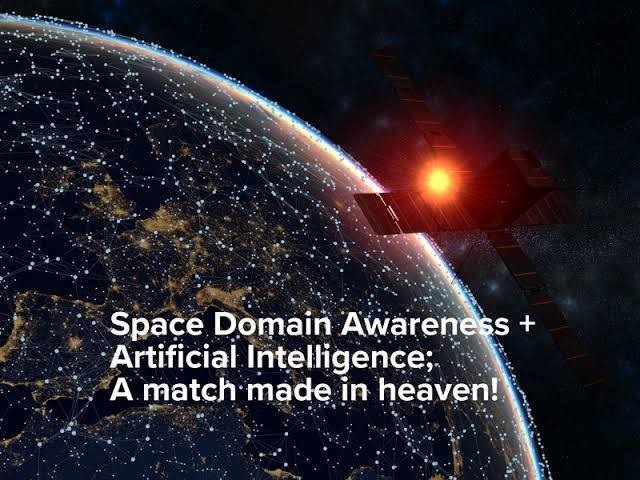Role of Artificial Intelligence Based Applications Used for Space Technologies

DOI:
https://doi.org/10.54060/JASE/002.01.001Keywords:
Artificial Intelligence, Space, AI Applications, AI in Space, Use of AI, Space AIAbstract
Artificial Intelligence (AI) contains all strategies that empower computers to imitate intelligence, for instance, computers that examine information or the frameworks inserted in an independent vehicle. Typically, AI frameworks are educated by people, an interaction that includes composing a terrible parcel of perplexing computer code. AI can likewise be accomplished through Machine Learning (ML). ML is a method of 'preparing' a basic calculation to turn out to be more intricate. In ML, machines process data likewise to people by creating artificial neural organizations. The best AI executions dependent on Deep learning (DL) are infrequently utilized in the space business today, as the models created inside the neural organization are not intelligible and have been difficult to recreate up to this point. Expected utilizations of AI are additionally being entirely examined in satellite tasks, specifically to help the activity of enormous satellite groups of stars, including relative situating, correspondence, and end-of-life the board. ML frameworks examining the colossal measure of information that comes from each space mission. The information from certain Mars meanderers is being sent utilizing AI, and these wanderers have even been helped how to explore without anyone else. Its advancement has progressed significantly throughout the most recent few decades, yet the convoluted models and constructions important for ML should be improved before it very well may be broadly helpful. AI likewise right now comes up short on the dependability and flexibility needed in new programming; these characteristics should be improved before it assumes control over the space business.
Downloads
References
A. Ng, "AI For Everyone", Coursera, 2020. [Online]. Available: https://www.coursera.org/learn/ai-for-everyone. [Accessed: 14- Aug- 2021]
L. Shekhtman, "NASA Applying AI Technologies to Problems in Space Science", NASA, 2019. [Online]. Available:https://www.nasa.gov/feature/goddard/2019/nasa-takes-a-cue-from-silicon-valley-to-hatch-artificial-intelligence-technologies. [Accessed: 14- Aug- 2021].
ESA, "Artificial Intelligence in Space", European Space Agency, 2021. [Online]. Available:https://www.esa.int/Enabling_Support/Discovery_and_Preparation/ Artificial_intelligence_in_space. [Accessed: 14- Aug- 2021].
S. Darling, "Artificial Intelligence Helps Improve NASA’s Eyes on the Sun", NASA, 2021. [Online]. Available:https://www.nasa.gov/feature/goddard/2021/artificial-intelligence-helps-improve-nasa-s-eyes-on-the-sun. [Accessed: 14- Aug- 2021].
R. Schmelzer, "How Is AI Helping To Commercialize Space?", Forbes, 2020. [Online]. Available:https://www.forbes.com/sites/cognitiveworld/2020/03/21/how-is-ai-helping-to-commercialize-space/. [Accessed: 14- Aug- 2021].
E. Edmund, "AI Could Speed up Fault Diagnosis in Spacecraft", NASA, 2021. [Online]. Available: https://www.nasa.gov/feature/goddard/2021/-ai-could-speed-fault-diagnosis-in-spacecraft. [Accessed: 14- Aug- 2021].
N. Tiwari, M. Paul, K. Sivan and P. Venkitakrishnan, "Research Areas in Space", Bengaluru: ISRO, pp. 153-180, 2018. [Online]. Available:https://www.isro.gov.in/sites/default/files/article-files/research-and-academia-interface/supported-areas-of-research/research_areas_in_space.pdf. [Accessed: 14- Aug- 2021].





























